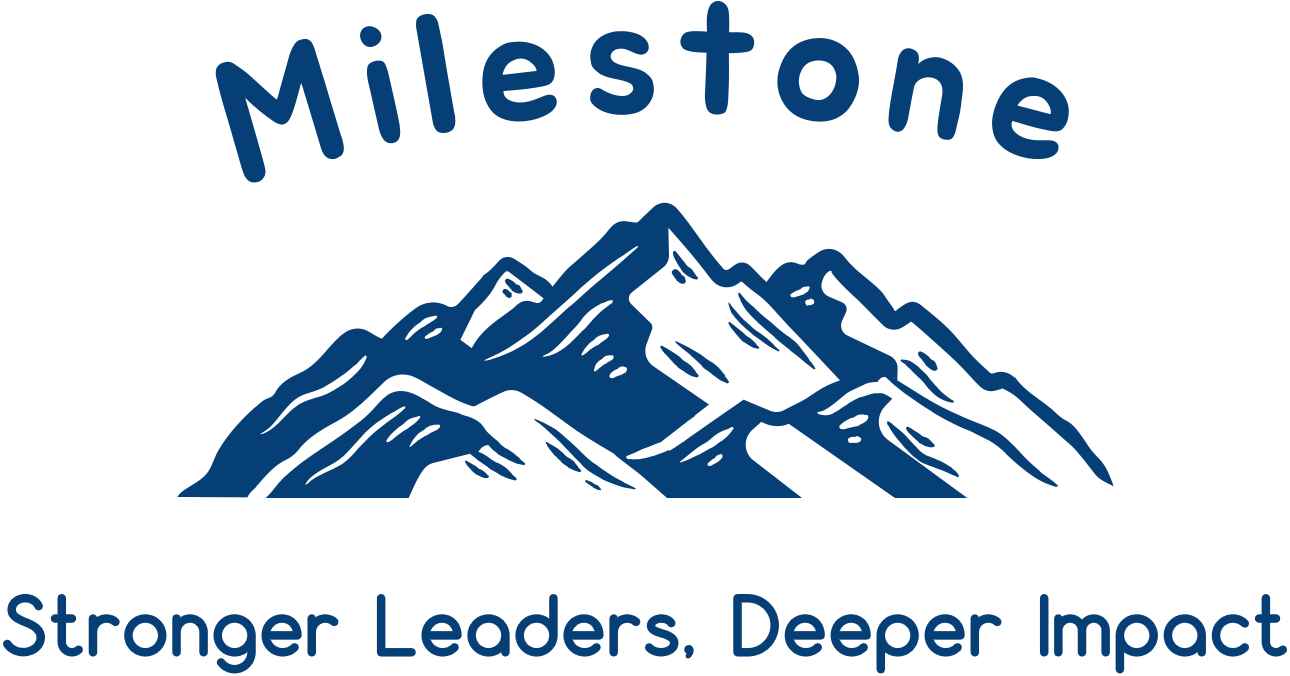The Paradox of Progress (Part II)
How to Navigate Change with Purpose
Before diving in, a quick note: Over the past year, many leaders have found themselves in transition, sometimes by choice, often not. A lot of this change has been driven either directly or indirectly by the disruption caused by gen AI as industry tries to figure out how automation, intelligence and responsible AI impact how and what work gets done. This post isn’t about your job loss; it’s about possibility. It’s intended as a resource for using these moments of change to realign your work with your values, your purpose, and the opportunities that will emerge in this next generation of work.
Periods of transition are great opportunities to clarify what matters most. For many, these opportunities aren’t just about finding the next role; they can be amazing opportunities for finding the right one. For some, that means work that’s both relevant in an AI-driven economy and as well as aligned with who you are. If you’re between roles, concerned about what’s next, or just ready to reorient your path to align with the future of work, this is a both a gift and opportunity to pause, reflect, and reset with intention.
Here are a few ways to make that time meaningful:
1. Take a Step Back
When life changes unexpectedly, our first instinct is often to move quickly. While being busy can fill the void created by job loss, clarity comes from reflection.
Take a step back and reconnect with your values that guide how you want to live and lead. Ask yourself:
What kind of work gives me energy?
What impact do I want to have?
What am I uniquely positioned to contribute in a world reshaped by technology?
Frameworks like Ikigai (checkout Burnout Proof Leadership, with Robyn Tosick, Passcode: 2Ms!+2uR) and Designing Your Life can help you explore these questions. Soon, we’ll also share the Milestone Leadership Values Exercise, a guided reflection to help you identify what truly matters before chasing what’s next.
2. Anticipate Opportunity
The job market is evolving faster than at any point in recent history. As we discussed in Part I of The Paradox of Progress, AI isn’t replacing people, but it is profoundly changing the work we do and the skills that matter.
Look ahead 6–18 months. Where will growth come from? Roles that combine human judgment with technical fluency — such as data science, AI strategy, responsible AI and sustainability, quality assurance, product management, and change leadership are expanding rapidly. Use this time as an opportunity to grow your skill set and align your strengths with the opportunities that will define the next chapter of work.
3. Reinvest in your network
Your network isn’t meant to be a job board; it’s a community and support system. In an AI-driven economy where change happens fast, deep and trusted relationships can be your most important advantage. Reach out not to ask for something, but to reconnect, listen, and contribute. Build relationships that become sounding boards, challenge your thinking, and open doors in unexpected ways.
If you missed it, our recent workshop Network Superpower, with Robyn Tosick (Passcode: f8e!F#Jd) explored practical ways to strengthen authentic connections and create a personal “board of advisors.” Your professional and social relationships can become a bridge between your current uncertainty and your next opportunity.
4. Recommit to balance and wellness
Transitions can be mentally exhausting, but they also offer a rare chance to rebalance and recommit to your wellness.
Our FLARB framework, Fitness, Linking, Appreciation, Reflection, and Book-learning, offers a simple, daily structure for staying grounded, connected, and growing while you navigate change. Balance and wellness shouldn’t be seen as a reward for landing the next job; rather they are an important foundation to help you show up ready for the next challenge.
Looking ahead
The paradox of progress is that disruption and opportunity are often two sides of the same coin. The most resilient leaders use disruption as an opportunity to clarify purpose, build capability, and invest in relationships that will influence what comes next.
If you’re in a period of job transition, this is your time to be intentional about your next chapter.
